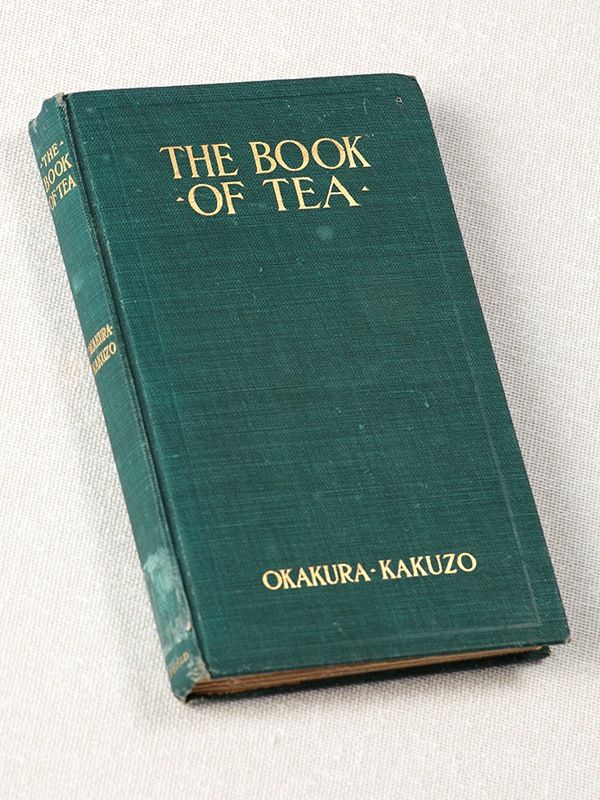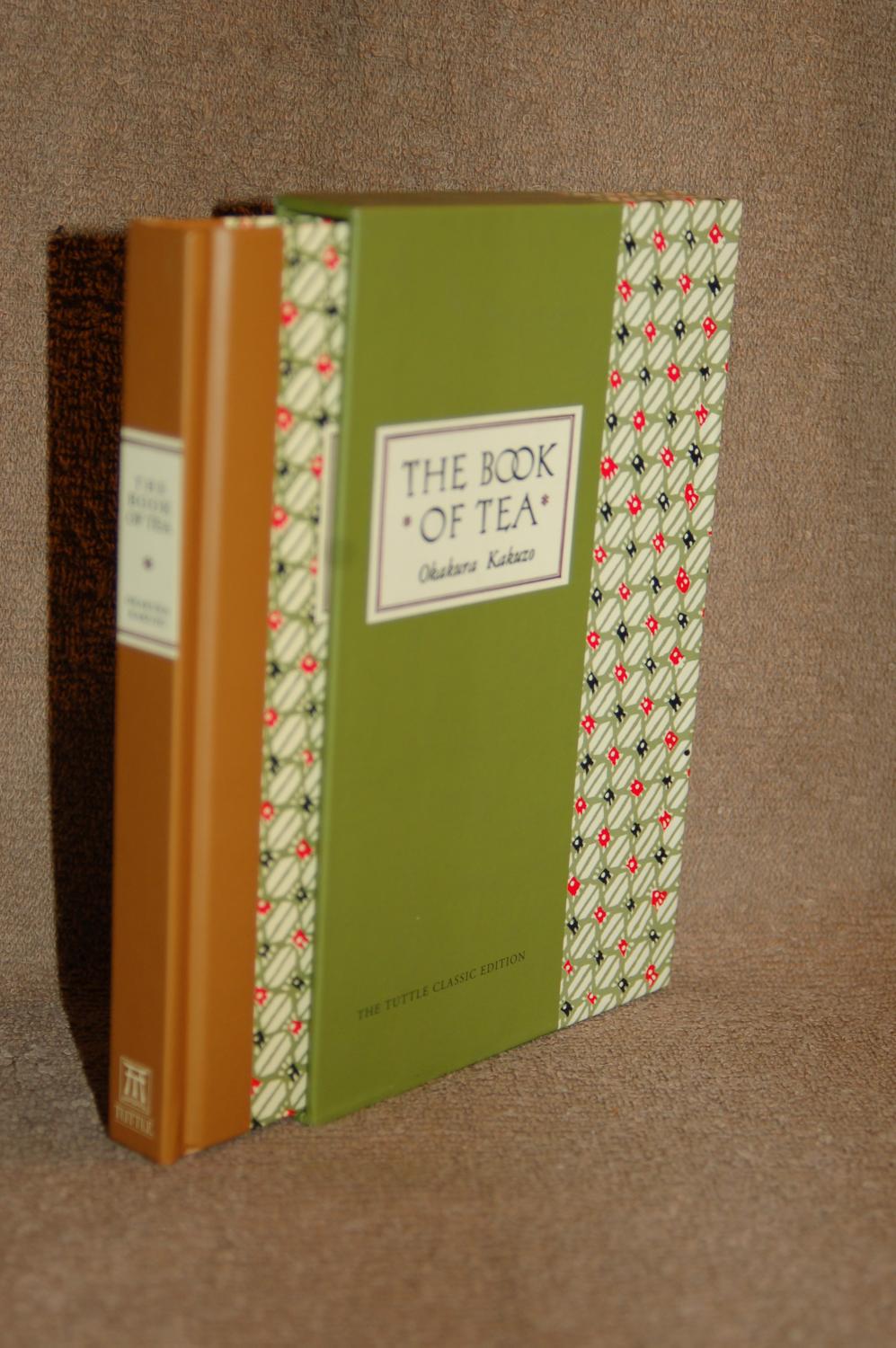Yes, I just used those two names together for the same illustrative purpose. Too much tea, then, refers to a person so busy smelling the roses he has little time for much else. This is an exquisite little cultural history of Japan centred around the tea ceremony and a philosophy of "teaism" which includes elements of Zen and Taoism. For me, cultivating refined sensibilities is something akin to working very hard to learn to swim a mean M backstroke. He was born in an age when Buddhism, Taoism, and Confucianism were seeking mutual synthesis. 
| Uploader: | Nikolkree |
| Date Added: | 14 August 2008 |
| File Size: | 24.2 Mb |
| Operating Systems: | Windows NT/2000/XP/2003/2003/7/8/10 MacOS 10/X |
| Downloads: | 32533 |
| Price: | Free* [*Free Regsitration Required] |
The Book of Tea by Kakuzō Okakura
Okakura had been taught at a young age to speak English and was proficient at communicating his thoughts to the Western mind. With tender hand he caressed the booo as one might seek to soothe an unruly horse, and softly touched the chords.
The subsequent work, transcending the narrow confines of its title, presents a unified concept of life, art and nature. His delicate verbal images are a highlight, and in his "twilight of evergreens" we share the teaist appreciation tbe beauty in simplicity.
And yes, you do learn about tea. Hopes stifled by fear, yearnings that we dare not recognize, stand forth in new glory…The art lover transcends himself. Moreover, it is essential since reading this book would broaden our understanding on how and why tea in Japan has long First published inthis classic work written in English having only seven short chapters is lf rare and essential to those interested in Japanese culture. It has been said that a man at ten is an animal, at twenty a lunatic, at thirty a failure, at forty a fraud, and at fifty a criminal.
Luwuh, a poet, saw in the Tea service the same harmony and order which reigned through all things. Never pkakura had I seen boik beverage so defended, and so cherished, as in The Book of Tea.
Heck, even Starbucks cannot keep it out of their menus.
The Book of Tea
Along the way exploring topics related to tea appreciation, including Zen, flower arranging and Taoism. He claims that tea permeated the Japanese way of life in his time, and before. In my humble estimation, Mr. Now, one with the background material and illustrations would be just gorgeous.
Naturally, there is a middle ground between hidebound traditionalism and perpetual upheaval; the problem, of course, is determining where that sweet spot should reside. Approaching the choir on high through the humbling nave, raising the eye Meanwhile, let us have a sip of tea.

Now winter reigns, and through the snow-filled air swirl flocks okzkura swans and rattling hailstones beat upon the boughs with fierce delight. The book emphasizes how Teaism taught the Japanese many things; most importantly, simplicity.
But both hemispheres shared a love of tea, and a certain ritualization of its consumption. We have no good English translation of poshlost is because it combines characteristics which our English-speaking tradition does not [thank goodness!: We boast that we have conquered Matter and forget that it is Matter that has enslaved us.
Meanwhile, let us have a sip of tea. This was an early expression of Pan-Asianism. He was born in an age when Buddhism, Taoism, and Confucianism were seeking mutual synthesis.

For long the instrument was treasured by the Tsa of China, but all in vain were the efforts of those who in turn tried to draw melody from its strings. Sein und Zeit Being and Time was published inand made Heidegger famous. The Book of Tea 1 7 Aug 08, He went to great lengths to present this objective that he had to use coin? An eminent Sung critic once made a charming confession.
The Philosophy of Tea is not mere aestheticism in the ordinary acceptance of the term, for it expresses conjointly with ethics and tne our whole point of view about man and nature. With the invasion of the Mongol hordes at the end of the Sung Dynasty, and then the turmoil of the Ming Dynasty, alas, the old ways of tea were forgotten in China; powdered tea gave way to steeped leaves, kzkuzo the drink lost booo religious significance.
The harp refused to recognize a master. Okakura is writing to oc Westerners to develop an interest in Asian art and philosophy, a request that comes with its own complexities today. The Book of Tea, which followed two previous meditations on Japanese culture by Okakura, became a central text in the orientalist movement of the early s, and captivated poets like Eliot and Pound.
To- morrow a ruthless hand will close around your throats. The young cataracts, as they danced down the ravine, laughed to the budding flowers, the gentle pattering of rain, the wail of the cuckoo.

No comments:
Post a Comment